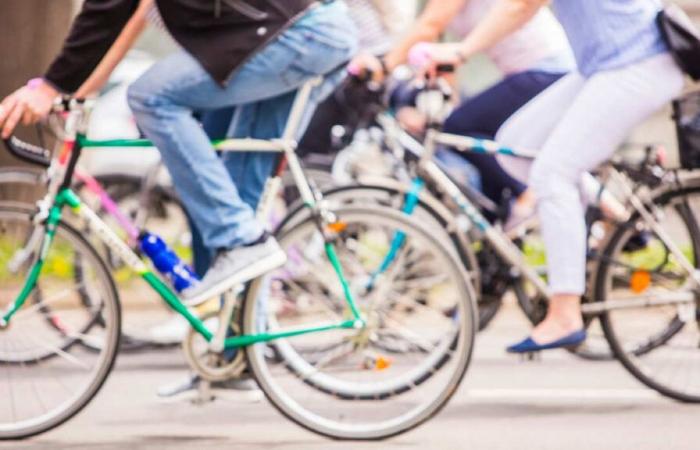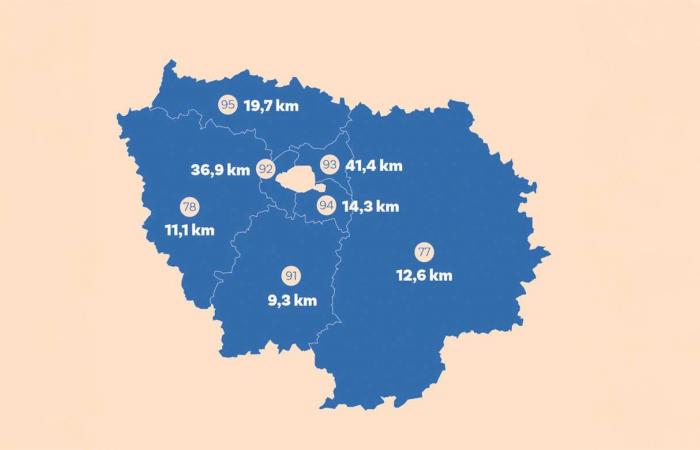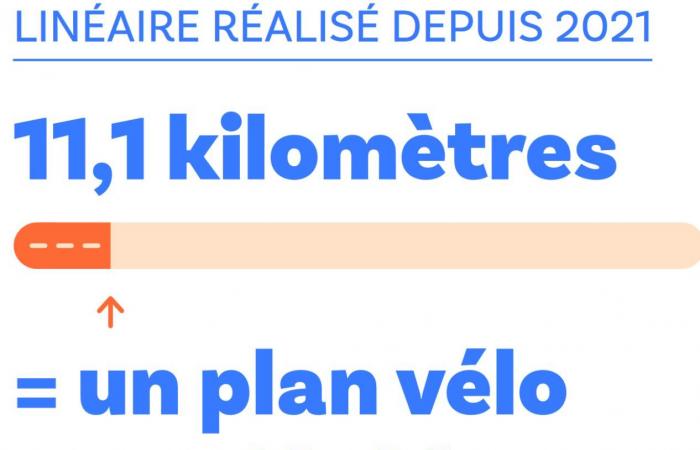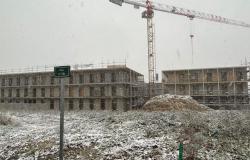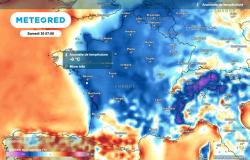Since the adoption of its bike planwhich displayed the ambition to transform Yvelines in one “land of all bikes”, progress made is limited. The Department, recognized for its attachment to sports cycling and at bicycle tourismstruggles to make cycling a daily mode of transport, particularly in dense urban areas. With only 11.1 km of trails developed since 2021, or 14% of the objectives of its plan, efforts seem concentrated on less strategic axes, mainly in rural areas.
Developments like those of the D147 in Saint-Martin-la-Garenne or the D988 in Bonnelles demonstrate the tourist and recreational orientation of these initiatives. If this work is important, the Vélo Île-de-France collectivewho recently drew up an inventory of the cycling facilities in the region, regrets that the needs of everyday cyclists are insufficiently taken into account.
“The Yvelines continue to favor leisure and bicycle tourism to the detriment of infrastructure truly adapted to daily mobility”, deplores a representative of the collective. The associations also denounce a lack of consultation, often the cause of poorly designed paths, such as those on sidewalks, creating tensions between cyclists and pedestrians, particularly on the D11 at Pleasure or the D7 enters Saint-Cyr-l’École et the royal avenue at Versailles.
Budgetary constraints and priorities to be reviewed
Despite the announcement of a strong dynamic for cycling, the department recently froze the grants intended for municipalities for cycling projects and reduced its budget allocated to cycling infrastructure, citing financial constraints. “This sends an ambiguous message and risks further slowing down the deployment of tracks,” worries a local association. This budgetary shutdown coincides with large-scale projects in dense urban areas postponed until 2025-2027, postponing the completion of essential infrastructure for daily journeys.
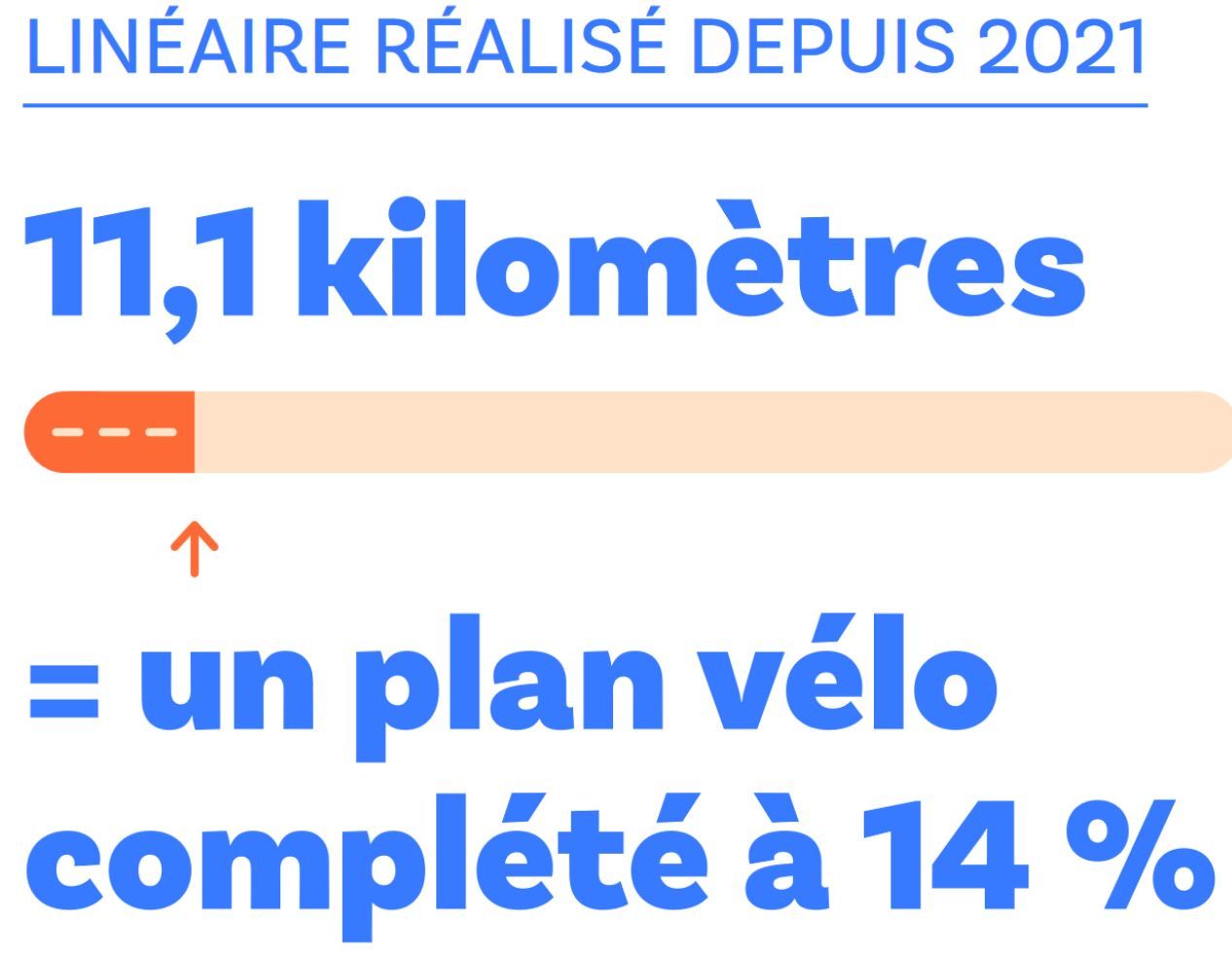
However, the stakes are high. Yvelines has one of the largest departmental road networksa strategic lever to develop a active and sustainable mobility. The example of other Ile-de-France departments demonstrates that the rapid implementation of well-designed cycle paths can have a significant impact on reducing car use. In Yvelines, emblematic projects such as cycle links in densely populated areas are still awaiting realization.
Strong expectations for the coming years
With three years remaining to achieve the objectives set, Yvelines finds itself at a crossroads. The imperative to relaunch pending projects, improve consultation with users and redefine the geographic priorities is more relevant than ever. The Vélo Île-de-France collective highlights that “rapid and tangible results can be obtained”, and that the development of cycling infrastructure, compared to other major projects such as roads or public transport, can be implemented effectively provided that adequate resources are allocated.
The Vélo Île-de-France collective also recommends that the Department maintain the budgets intended for cycling developments to guarantee the implementation of the developments included in the cycling plan by 2027, “enhance the quality of cycling facilities” and of “consult the associations on cycling development projects from the start of the studies”.

